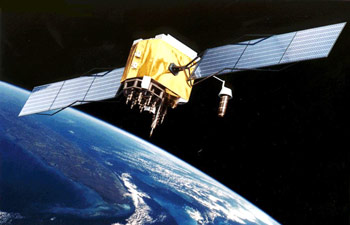
BENGALURU (PTI): INSAT-3D, India's Advanced Weather Satellite, has completed two successful years in orbit, the Indian Space Research Organisation said.
INSAT-3D is an exclusive mission designed for enhanced meteorological observations and monitoring of land and ocean surfaces for weather forecasting and disaster warning, ISRO said.
The satellite was launched by European rocket Ariane VA214 flight from French Guyana on July 26, 2013.
INSAT-3D is the first Indian geostationary satellite, equipped with sounder instrument that provides frequent good quality atmospheric profiles (temperature, humidity) over the Indian land mass and adjoining areas, it added.
The main objective of the INSAT-3D mission is to provide high quality observations for monitoring and prediction of weather events as well as for the study of climate.
ISRO said the state-of-the-art instruments like "Imager" and "Sounder" onboard INSAT-3D satellite provide a wide range of atmospheric products such as cloud coverage images, atmospheric winds, sea and land surface temperatures,humidity, quantitative rainfall, earth's radiation, atmospheric profiles, ozone, atmospheric stability parameters, fog, snow and aerosols.
These products are immensely helpful in monitoring day-to-day weather and prediction of extreme events like tropical cyclone, thunderstorm, cloud burst and heat waves, it added.
INSAT-3D has the distinction that its radiance observations and derived products are being operationally assimilated in numerical models operated by national weather prediction agencies like IMD and National Centre of Medium Range Weather Prediction (NCMRWF).
Besides that, leading international agencies like European Centre of Medium range Weather Forecast (ECMWF) and United Kingdom Meteorological Office (UKMET) are also looking for possibilities to use INSAT-3D derived atmospheric winds in their global models, ISRO said.
It said the achievements of INSAT-3D mission paved the way for ISRO to become a member of prestigious international groups like Coordination Group of Meteorological Satellites (CGMS) during the meeting at Boulder, Colorado in May 2015.
To achieve the international climate standard, INSAT-3D radiances are continuously monitored and calibrated by Global Space based Inter Calibration System (GSICS) procedure to ensure that INSAT-3D observations meet the international quality standard, it added.
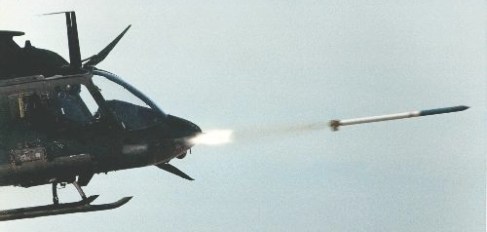 Previous Article
Previous Article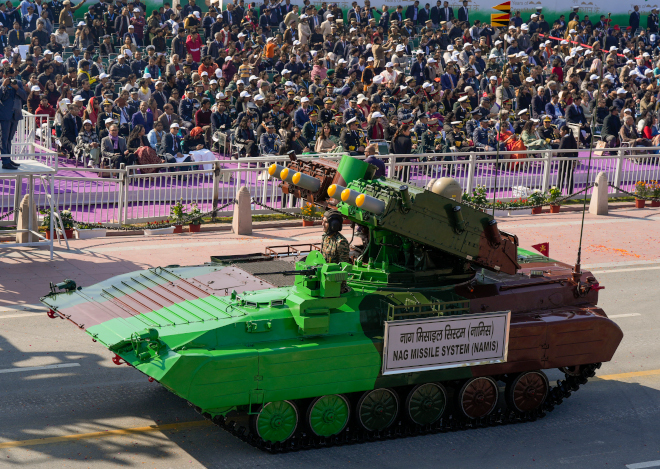
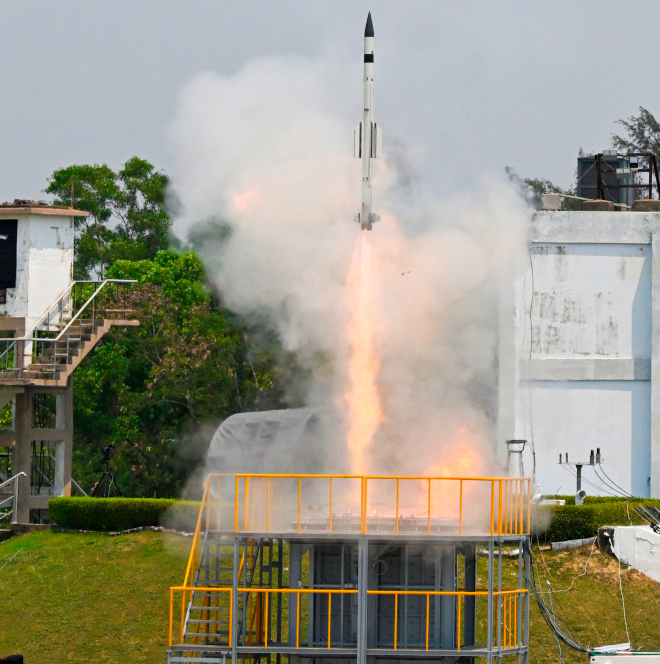
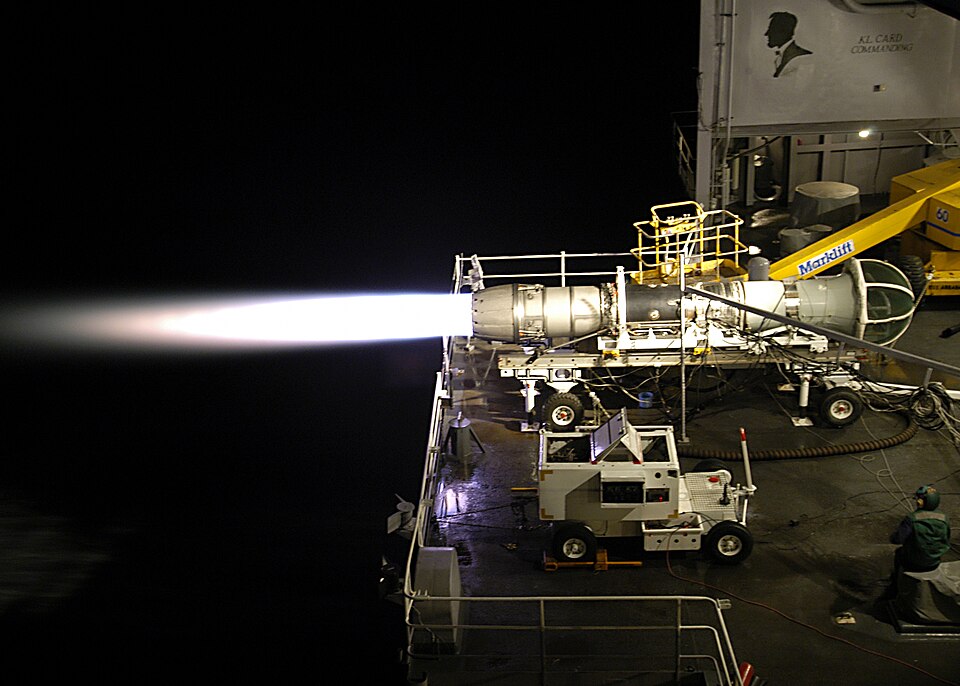
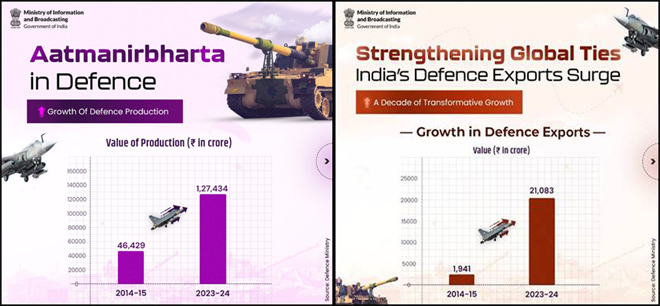










The Indian Air Force, in its flight trials evaluation report submitted before the Defence Ministry l..
view articleAn insight into the Medium Multi-Role Combat Aircraft competition...
view articleSky enthusiasts can now spot the International Space Station (ISS) commanded by Indian-American astr..
view article